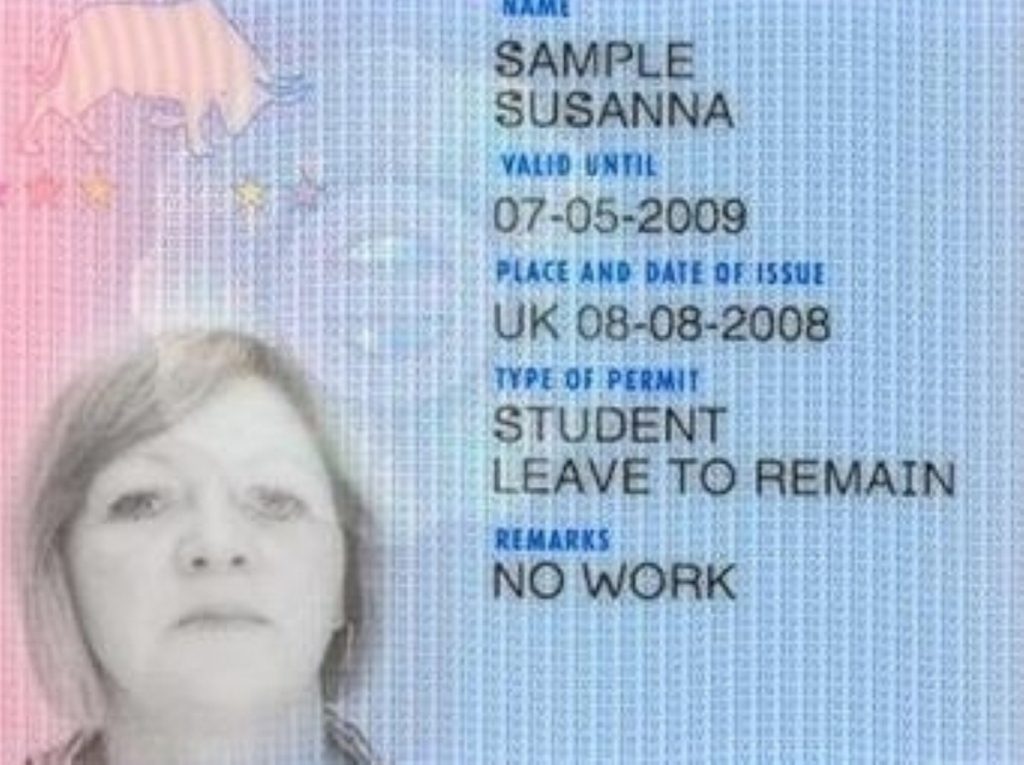The death of ID cards
By Ian Dunt
Today marks the beginning of the end for ID cards for British nationals, with the publication of the identity document bill.
Within 100 days the plans will be scrapped, the Home Office confirmed, as it made the bill the first piece of legislation introduced to parliament by the coalition government.
The bill abolishes ID cards and destroys all the personal information gathered on the National Identity register.


Home secretary Theresa May said: “This bill is a first step of many that this government is taking to reduce the control of the state over decent, law-abiding people and hand power back to them.
“With swift parliamentary approval, we aim to consign identity cards and the intrusive ID card scheme to history within 100 days.”
Deputy prime minister Nick Clegg said: “The wasteful, bureaucratic and intrusive ID card scheme represents everything that has been wrong with government in recent years.
“By taking swift action to scrap it, we are making it clear that this government won’t sacrifice people’s liberty for the sake of Ministers’ pet projects.”
Overall, the coalition government is expecting to save £86 million over four years and a further £800 million in ongoing costs over the decade.
Those who have already received an ID card, at £30, will not get a refund.
The campaign group No2ID, which was established to stop the cards ever becoming a reality, insisted it would continue to campaign today, despite the emphatic victory.
“NO2ID will not be going away just yet,” national coordinator Phil Booth said.
“There is work to be done against a deeply entrenched database state.
“But we hope that, as it has listened to our case against the national identity register, the new administration will also be persuaded in the name of privacy and liberty to tackle other mass-surveillance schemes.”
Foreign nationals, who have already been given ID cards by the UK Border Agency, will keep theirs, and any new non-EU national coming to the UK to live will have to have a ‘biometric residence permit’.
Home Office officials told politics.co.uk this was due to an EU law requiring biometric residence permits to third-party foreign nationals.
“We hope that scrapping ID cards for foreign nationals will soon follow,” said Shami Chakrabarti, director of Liberty.
“Passports and visas are appropriate for immigration control – ID cards are even more divisive when only one group in society is required to hold them.”
The debate over ID cards has lasted several years. Opponents have branded them an unacceptable curtailment of privacy and a fundamental alteration of the relationship between the citizen and the state.
Defenders of the scheme said it was a suitable response to times of heightened security and that those with nothing to hide had nothing to fear.
Privacy advocates will now be watching closely to see how the identity scheme is disentangled from plans for a new generation of passport.









